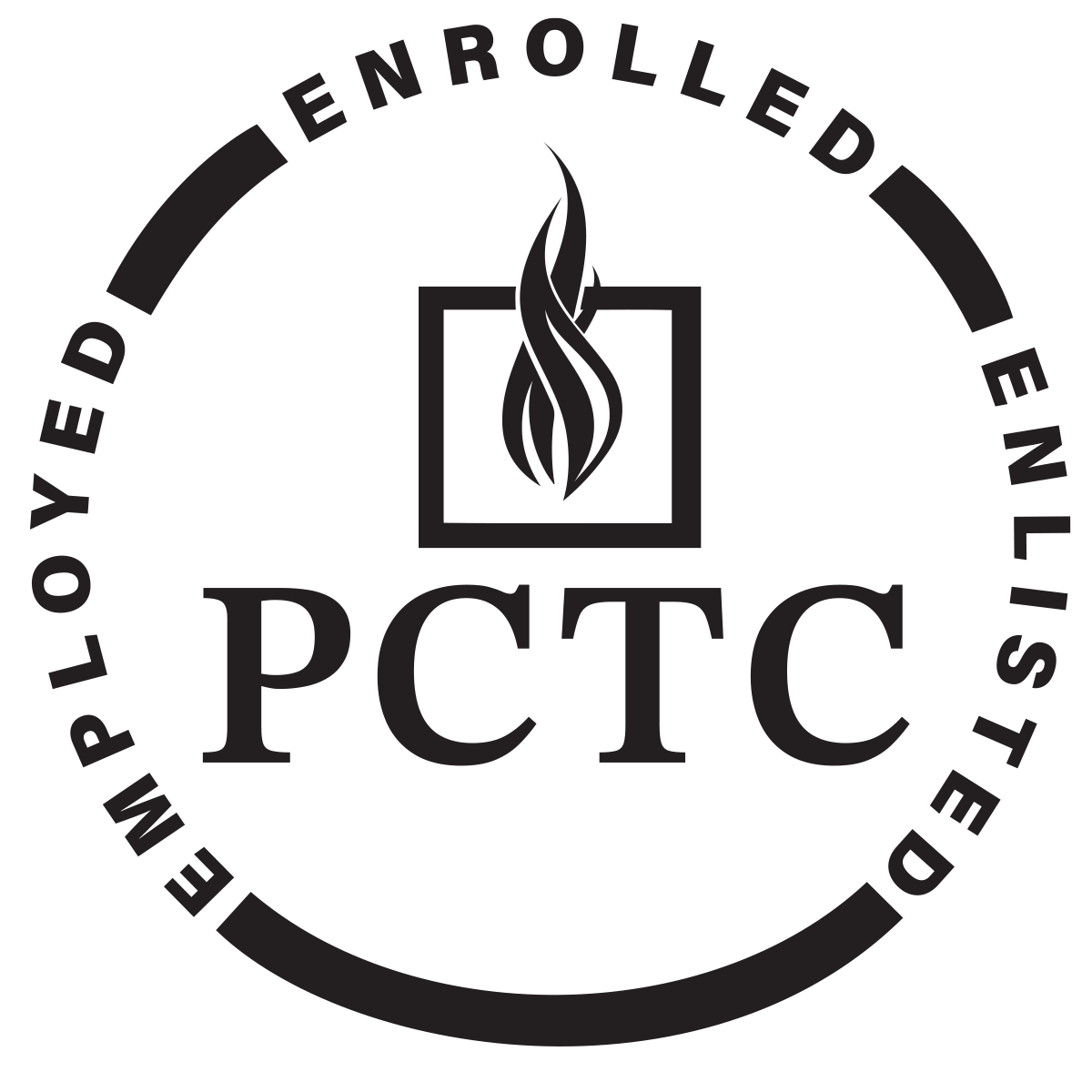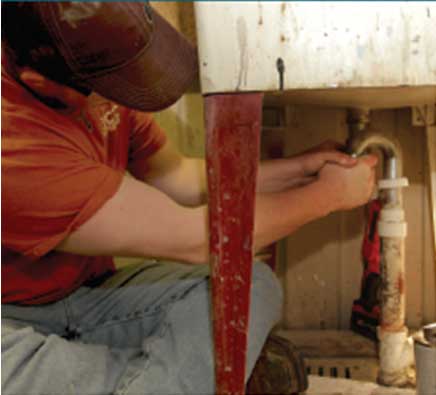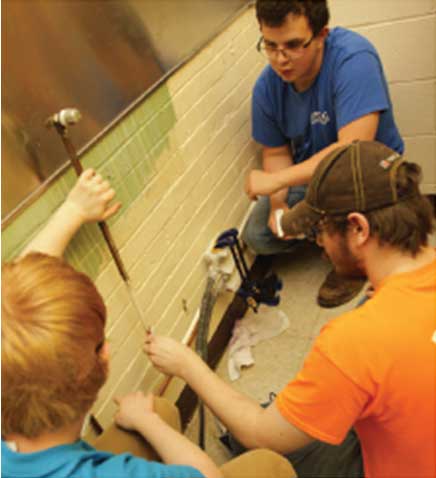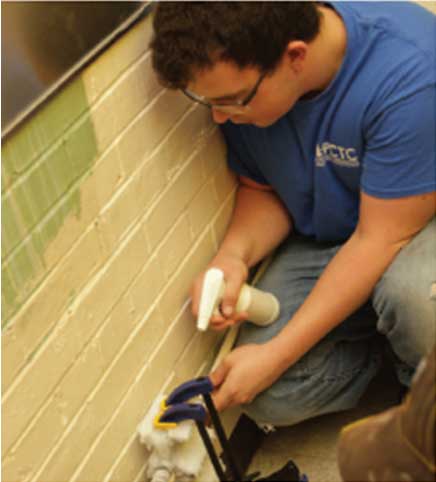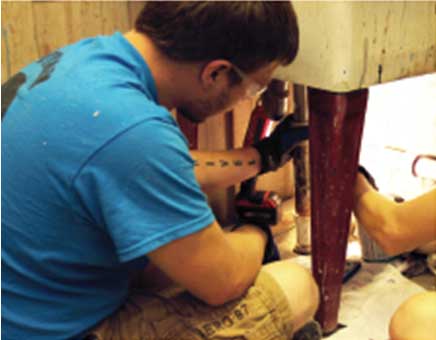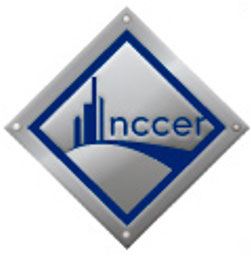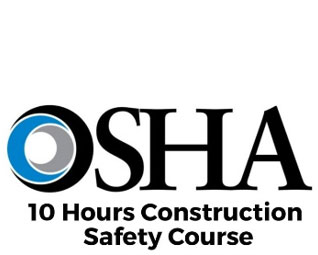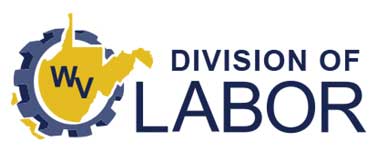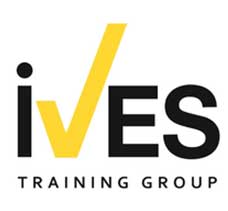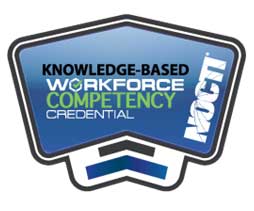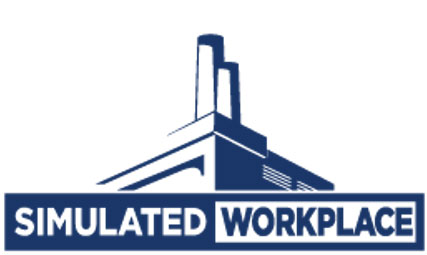PLUMBING
The Plumbing program prepares students for employment or advanced training in a variety of pipe occupations, teaching students how to diagnose and repair problems associated with plumbing.
This hands-on program includes safety, plumbing-related math, blueprint and job specifications, building codes, pipe-cutting-and-joining skills, rough and trim plumbing, water heaters, and storm drains, preparing students for National Center for Construction Education and Research (NCCER) Certification.
WHAT ARE THE CLASSES ABOUT?
This 10-month program (1080 hours) is designed to provide the knowledge and skills necessary to assemble, install and repair pipes, fittings and fixtures of heating, water and drainage systems using building plans and working drawings and hand and power tools; cut, thread and bend pipe; assemble and install valves, pipe fittings, and pipes composed of metals and nonmetals; join pipes; caulk joints; use pressure gauges to determine whether system is leaking; install and repair plumbing fixtures; repair and maintain plumbing by replacing washers, mending burst pipes and opening clogged drains.
WHAT SKILLS WILL STUDENTS LEARN?
Students learn the use of hand and power tools, selection of materials, estimating, blueprints, and interpretation of plumbing codes. Emphasis on installation, repair and construction practices. Small and large construction projects are an integral part of the program.
Students learn how to diagnose and repair common problems associated with plumbing components and systems. Topics will include faucet repair, water heater replacement and repair, drain cleaning, water closet repair, piping repairs, finding the source of leaks and communication skills.
Upon completion, students should be able to safety assemble various pipes and fittings in accordance with state code requirements.
Students will also perform several “hands-on” activities including designing and installing residential plumbing systems on their plumbing mock-ups located within the plumbing classroom. They also install plumbing fixture components, such as water heaters, tub/shower valves, water closets, vanities, wall hung lavatories and other related plumbing fixtures. Students learn how to properly solder and braze copper tube and fittings. Academically, the plumbing program uses NCCER Core Curriculum and NCCER Plumbing level – 1. The International Plumbing Code Book and International Fuel Gas Code Book is also used during related course work.
WHAT CREDENTIALS ARE AVAILABLE?
OSHA: 10-hour or 30-
hour Card
NCCER Plumbing Level – 1
WV Labor Plumber In Training License
NCCER Core Curriculum
NOCTI Workforce Competency
IVES Equipment Training Skid steer, excavator, forklifts (adults)
WHAT JOBS/JOB TITLES ARE AVAILABLE TO THE STUDENTS AFTER GRADUATION?
Plumber Apprentice
Estimator
Journeyman Plumber
Project Superintendent
Master Plumber
Foreman
OTHER PLUMBING RELATED FIELDS INCLUDE:
Pipefitters
Gasfitters
Sprinklerfitters
Steamfitters
WHAT SKILLS SHOULD A STUDENT HAVE TO BE SUCCESSFUL IN YOUR PROGRAM?
Ability to lift 50 pounds
Ability to climb a 20-foot ladder
Valid Driver’s License
Students interested in the plumbing program should have good motor skills, math skills and like to work with their hands. Students will also need to be drug free.
PROGRAM REQUIREMENTS
Students must pass the NCCER Core Safety, the NCCER Level I and obtain the OSHA 10-Hour Construction Safety certification to continue in the program.
SIMULATED WORKPLACE REQUIREMENTS
This program participates in the West Virginia Department of Education Simulated Workplace environment.
For more information and requirements, click here.
TECHNOLOGY REQUIREMENTS
Students will be provided with any technology instruction, devices and software required.
STUDENT ORGANIZATION
Students may enroll in SkillsUSA.
PROGRAM LENGTH
2 Academic Years (22 months) – 1080 clock hours (Secondary & Adult part-time enrollment)
1 Academic Year (10 months) – 1080 clock hours (Adult full-time enrollment)
Consisting of eight (8), nine-week courses of 135 clock hours each
SCHEDULE OF COURSES
Course Frequency: Each course offered once each academic year
Secondary & Adult Part-time schedule shown below.
Adult Full-time schedule includes the 1st year schedule in the morning and the 2nd year schedule in the afternoon
1ST YEAR SCHEDULE: MONDAY-FRIDAY 8:30AM – 11:00AM
2081 Plumbing I
2082 Plumbing II
2083 Plumbing III
2084 Plumbing IV
3052 Transitional Math
2ND YEAR SCHEDULE: MONDAY – FRIDAY 12:30PM – 3:00PM
7629 Career Preparation
2146 Gas Piping
2148 Drains, Waste and Vent Systems
2145 Soldering and Flaring Copper Pipe
ELIGIBILITY REQUIREMENTS FOR LICENSING
(As determined by the West Virginia Division of Labor)
Note: All licenses require completion of the required portions of the Plumber License Application for the West Virginia Division of Labor and submission of the indicated application fees.
Plumber in Training License: No exam is required. Plumbers in Training must work under the direct supervision of a Licensed Master or Journeyman plumber.
COURSE DESCRIPTIONS
2081 PLUMBING I
This course introduces the student to the knowledge base and technical skills of the Plumbing industry. Plumbing I begins with the NCCER Core curriculum which is a prerequisite to all Level I completions. The students will complete modules in Basic Safety; Introduction to Construction Math; Introduction to Hand Tools; Introduction to Power Tools; Introduction to Construction Drawings; Basic Rigging; Basic Communication Skills; Basic Employability Skills; and Introduction to Materials Handling. Students will then begin developing skill sets in the fundamentals of Plumbing such as Introduction to the Plumbing Profession and Plumbing Safety. Students utilize problem‐solving techniques and participate in hands‐on activities to develop an understanding of course concepts. Teachers should provide each student with real world learning opportunities and instruction. Students are encouraged to become active members of the student organization, WV SkillsUSA. All West Virginia teachers are responsible for classroom instruction that integrates learning skills, technology tools, and skill sets.
2082 PLUMBING II
Plumbing II will continue to build student skill sets in areas such as Plumbing Tools; Introduction to Plumbing Math; Introduction to Plumbing Drawings; Plastic Pipe and Fittings; Copper Pipe and Fittings; Cast‐Iron Pipe and Fittings; Carbon Steel Pipe and Fittings; Corrugated Stainless Steel Tubing; Fixtures and Faucets; Introduction to Drain, Waste, and Vent (DWV) Systems; and Introduction to Water Distribution Systems. Students utilize problem‐solving techniques and participate in hands‐on activities to develop an understanding of course concepts. Teachers should provide each student with real world learning opportunities and instruction. Students are encouraged to become active members of the student organization, WV SkillsUSA. All West Virginia teachers are responsible for classroom instruction that integrates learning skills, technology tools, and skill sets.
2083 PLUMBING III
Plumbing III will continue to build student skill sets in areas of Plumbing Math Two; Reading Commercial Drawings; Hangers, Supports, Structural Penetrations, and Fire Stopping; Installing and Testing DWV Piping; Installing Roof, Floor, and Area Drains; and Types of Valves. Students utilize problem‐solving techniques and participate in hands‐on activities to develop an understanding of course concepts. Teachers should provide each student with real world learning opportunities and instruction. Students are encouraged to become active members of the student organization, WV SkillsUSA. All West Virginia teachers are responsible for classroom instruction that integrates learning skills, technology tools, and skill sets.
2084 PLUMBING IV
Plumbing IV will continue to build student skill sets in areas of Installing and Testing Water Supply Piping; Installing Fixtures, Valves and Faucets; Introduction to Electricity; Installing Water Heaters; Fuel Gas Systems; and Servicing of Fixtures, Valves and Faucets. Students utilize problem‐solving techniques and participate in hands‐on activities to develop an understanding of course concepts. Teachers should provide each student with real world learning opportunities and instruction. Students are encouraged to become active members of the student organization, WV SkillsUSA. All West Virginia teachers are responsible for classroom instruction that integrates learning skills, technology tools, and skill sets.
3052 TRANSITIONAL MATH
7629 CAREER PREPARATION
This course introduces the student to theory and technical skill concepts to inspect, use, park, refuel and transport an excavator, skid steer, counter-balanced forklift, and rough terrain forklift. The course consists of classroom theory and techniques and strategies for safe operation during hands-on driving and maneuvering practice instruction. Students must review the equipment manuals for each piece of equipment and pass a written assessment to progress to the hands-on training component. Performance evaluations include: visual and operational equipment checks, basic operating procedures and adherence to general safety guidelines. Students will be provided opportunities to perform several hands-on equipment tasks to gain a basic measurable level of operational competence prior to performing a practical evaluation to determine qualification as an operator.
2146 GAS PIPING
This course introduces the student to the knowledge base and technical skills for all courses in Gas Piping. Areas of study include designing, assembling, installing and repairing pipes and fittings used in a gas piping system, as well as receiving flexible gas piping certifications during the course. Emphasis will be placed on career exploration, job seeking skills and personal and professional ethics. Safety instruction is integrated into all activities. Students will utilize problem‐solving techniques and participate in laboratory activities to develop an understanding of course concepts, and teachers should provide each student with real world learning opportunities and instruction related to gas piping.
2148 DRAINS, WASTE AND VENT SYSTEMS
This course introduces the student to the knowledge base and technical skills concepts in Drains, Waste and Vent Systems. Areas of study include assembly, installation and repair of DWV systems, types of vents and indirect and special waste. Emphasis will be placed on career exploration, job seeking skills and personal and professional ethics. Safety instruction is integrated into all activities. Students will utilize problem‐solving techniques and participate in laboratory activities to develop an understanding of course concepts, and teachers should provide each student with real world learning opportunities and instruction related to drain, waste and vent systems.
2145 SOLDERING AND FLARING COPPER PIPE
This course introduces the student to the base and technical skills in Soldering and Flaring Copper Tubing. Areas of study include assembly, installation and repair of piping systems using copper tubing and fittings. Emphasis will be placed on career exploration, job seeking skills and personal and professional ethics. Safety instruction is integrated into all activities. Students will utilize problem‐solving techniques and participate in laboratory activities to develop an understanding of course concepts, and teachers should provide each student with real world learning opportunities and instruction related to soldering and flaring copper tubing.
